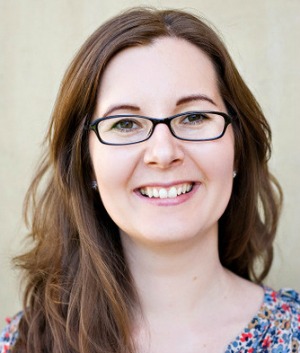Course information
The PGDip/MLitt in Bible and the Contemporary World is a part-time distance learning programme aimed at both lay people seeking personal development and clergy seeking continued professional development.
Studying Bible and the Contemporary World
Highlights
- A residential study week in St Andrews starts each module with lectures and seminar discussions and allows you to meet your fellow participants and tutors.
- Join an international and interdenominational group of 20 to 25 students, most of whom are lay people without prior theological qualifications, in relating the Christian traditions to a host of public issues.
- Provides continuing professional and personal development for clergy and lay people together.
Teaching format
Each semester begins with a residential study week held at St Mary's College, the School of Divinity at the University of St Andrews. A typical residential study week includes lectures, seminars, sessions on using the Moodle and MMS internet platforms and study skills training. It is also a good opportunity for you to meet your distance learning peers and tutors in person.
Attendance is required at each Study Week from Monday through Wednesday, but students are encouraged to stay for the remainder of the week. You will need to pay for your own travel and accommodation costs to attend these mandatory study weeks.
Both MLitt and PGDip students take three taught modules over the course of their programme. Each module comprises 15 weeks of study (typically divided into four units) and focuses on independent learning.
In each unit of a module, students are supplied a number of scholarly articles and extracts from books which are supplemented by two written lectures available online in digital format; you will also have access to the library's extensive online subscriptions of journals and ebooks. In lieu of seminars, you will participate in online bulletin board discussions with your peers (not held in real time).
Students typically write four essays for each module (one for each unit) and receive written feedback. Students will have one personal tutorial (usually via online video messaging or telephone) with a tutor per module where they can discuss their recent essay.
The MLitt programme is followed by a 15,000-word dissertation submitted at the end of two years study. Students are assigned an individual supervisor for their dissertation, and meetings with supervisors are normally held via online video messaging or telephone.
Further particulars regarding curriculum development.
Modules
Each module typically comprises:
- online lectures and seminars.
- 100% coursework assessment.
For more details of each module, including weekly contact hours, teaching methods and assessment, please see the latest module catalogue; there is no guarantee that these modules will run for 2017 entry.
Students will take the modules in different orders depending on their point of entry.
Residential study week in St Andrews, 4 to 8 September 2017.
- The Book of Revelation: studied in its biblical, historical and contemporary context.
Residential study week in St Andrews, 22 to 26 January 2018.
- Surveillance, Theology and the Bible: critiquing 21st-century technologies from theological, biblical, political, and sociological perspectives.
Residential study week in St Andrews, 3 to 7 September 2018.
- Theology and the Arts: its relationship with a broad range of different art forms (such as literature, music and the visual arts).
Dissertation
MLitt students take a fourth module for their dissertation. Dissertations will be supervised by members of the teaching staff who will advise on the choice of subject and provide guidance throughout the research process. The completed dissertation of 15,000 words must be submitted at the end of the course.
Those on the PGDip programme will finish their studies after the third semester, and suitably qualified candidates will be awarded a Postgraduate Diploma.
